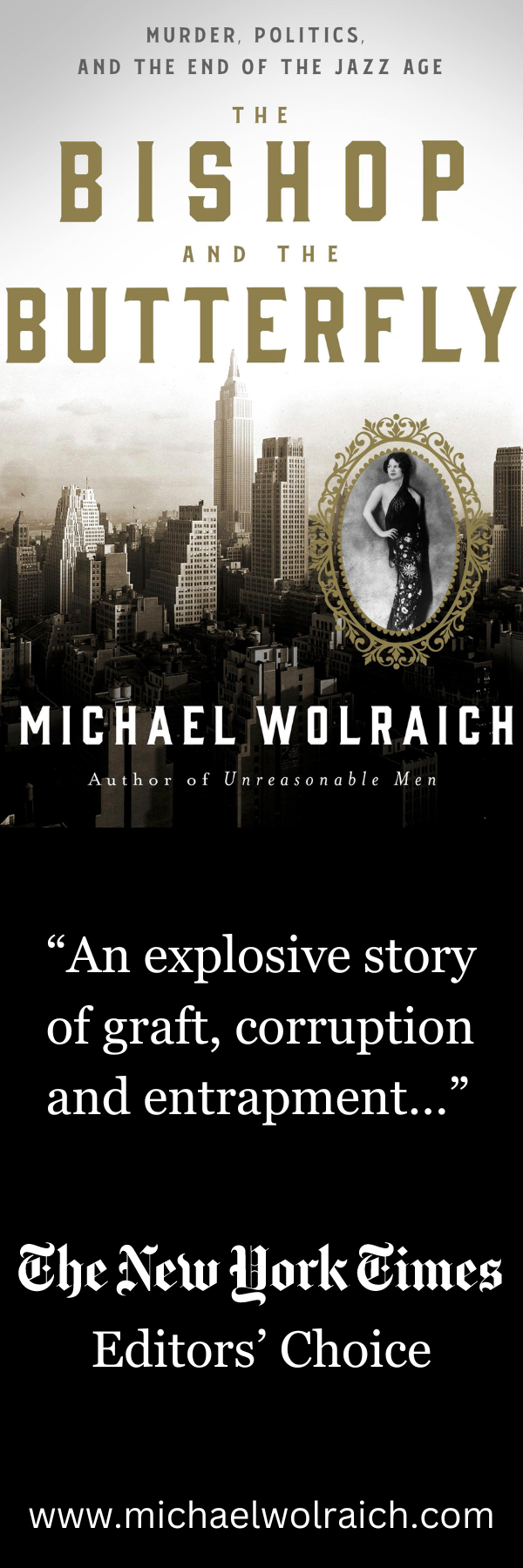The demands emerging from this summer’s protests have exposed tensions among Democrats, as the country’s needs dwarf the best of what Joe Biden has put on the table
By Keeanga-Yamahtta Taylor @ NewYorker.com, Nov. 9 (...an assistant professor of African American Studies at Princeton University and the author of several books...)
[....] Today, in Philadelphia, where I live, there is not a single aspect of life that the pandemic has not upended, from work and school to housing and health care, pulling poor and working-class African-Americans, in particular, deeper into debt and despair. The uncertainty of the moment, let alone the future, feeds fear, frustration, hopelessness, and dread. In Philadelphia, shootings are on the rise, and the murder rate is growing. With two months left in the year, there have been four hundred and sixteen homicides in the city, compared with just over three hundred and fifty for all of 2019, which was already the highest number of killings in Philadelphia in more than a decade. African-Americans make up eighty-five per cent of the city’s shooting victims. Even before the pandemic, drug overdoses in Black Philadelphia were on the rise. In the first three months of shelter-in-place orders, a hundred and forty-seven Black residents died by accidental drug overdose, forty-seven per cent of drug deaths in the city. When, last month, police killed a twenty-seven-year-old Black man named Walter Wallace, Jr., in the streets of West Philadelphia, while he was in the midst of a mental-health crisis, the frustration of many Black Philadelphians spilled into the streets, just as it did last summer. And now, like then, Pennsylvania’s governor mobilized the National Guard to corral demonstrators, to restore one kind of order while leaving palpable social disorder intact. Trump stumbled on some truth when he said, “Bad things happen in Philadelphia.”
[....] It is not a Trumpian slur to observe that many of the cities where Black suffering takes place are also governed by proud members of the Democratic Party. Instead, it illuminates the depth of the bipartisan failure to address the tangled roots of racism, poverty, and inequality. It can also help us understand why Trump captured more votes from Black men and women in this year’s election than he did in 2016. Of course, the overwhelming majority of Black voters backed Biden, but the fact is that millions of African-Americans experience the daily failures of Democratic officials to respond to the poor conditions of their public schools, the lack of affordable housing, rampant police harassment and brutality, and usurious loans. The answer to these legitimate grievances can’t simply be to say that they are Republican talking points. [....]


